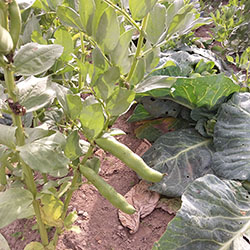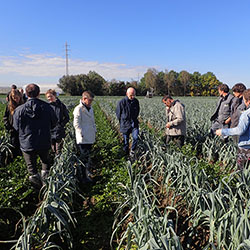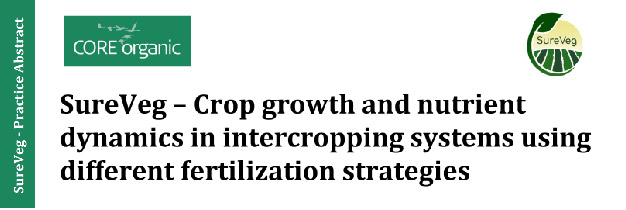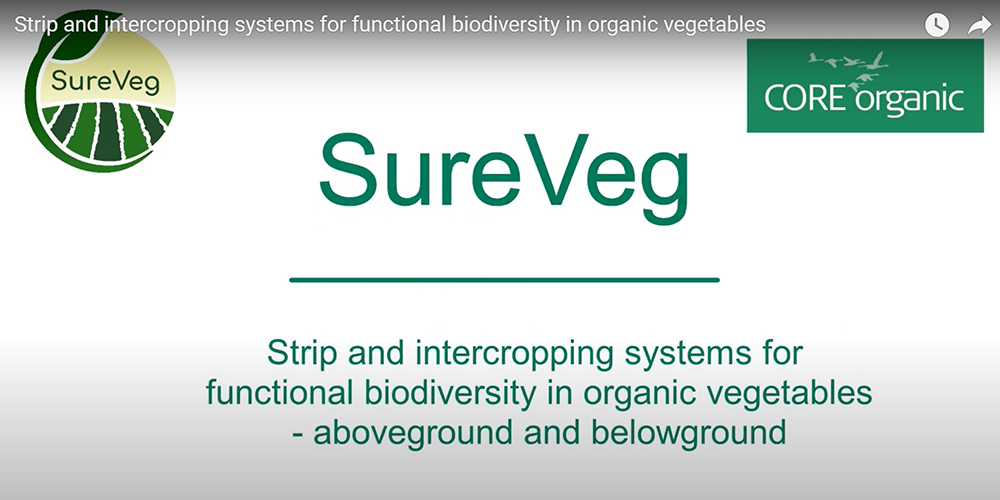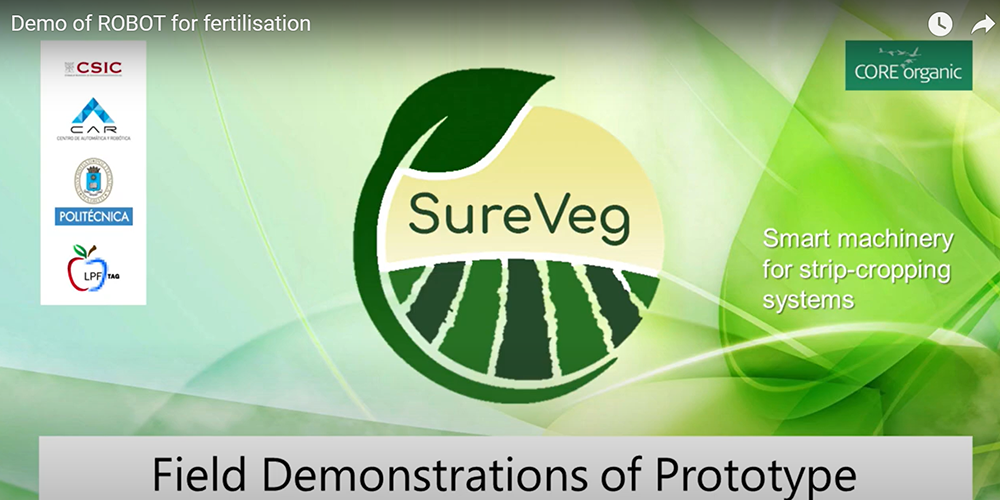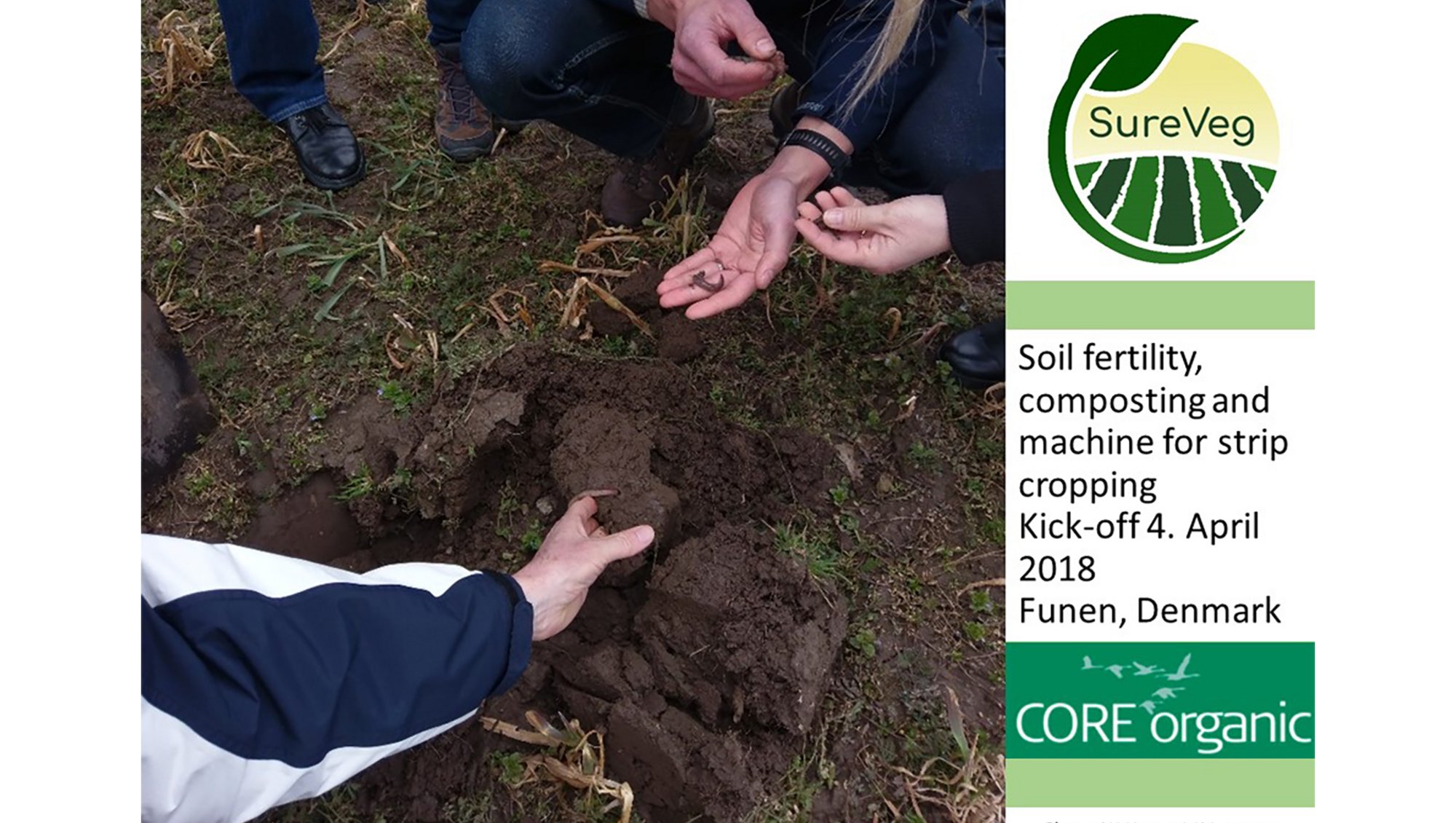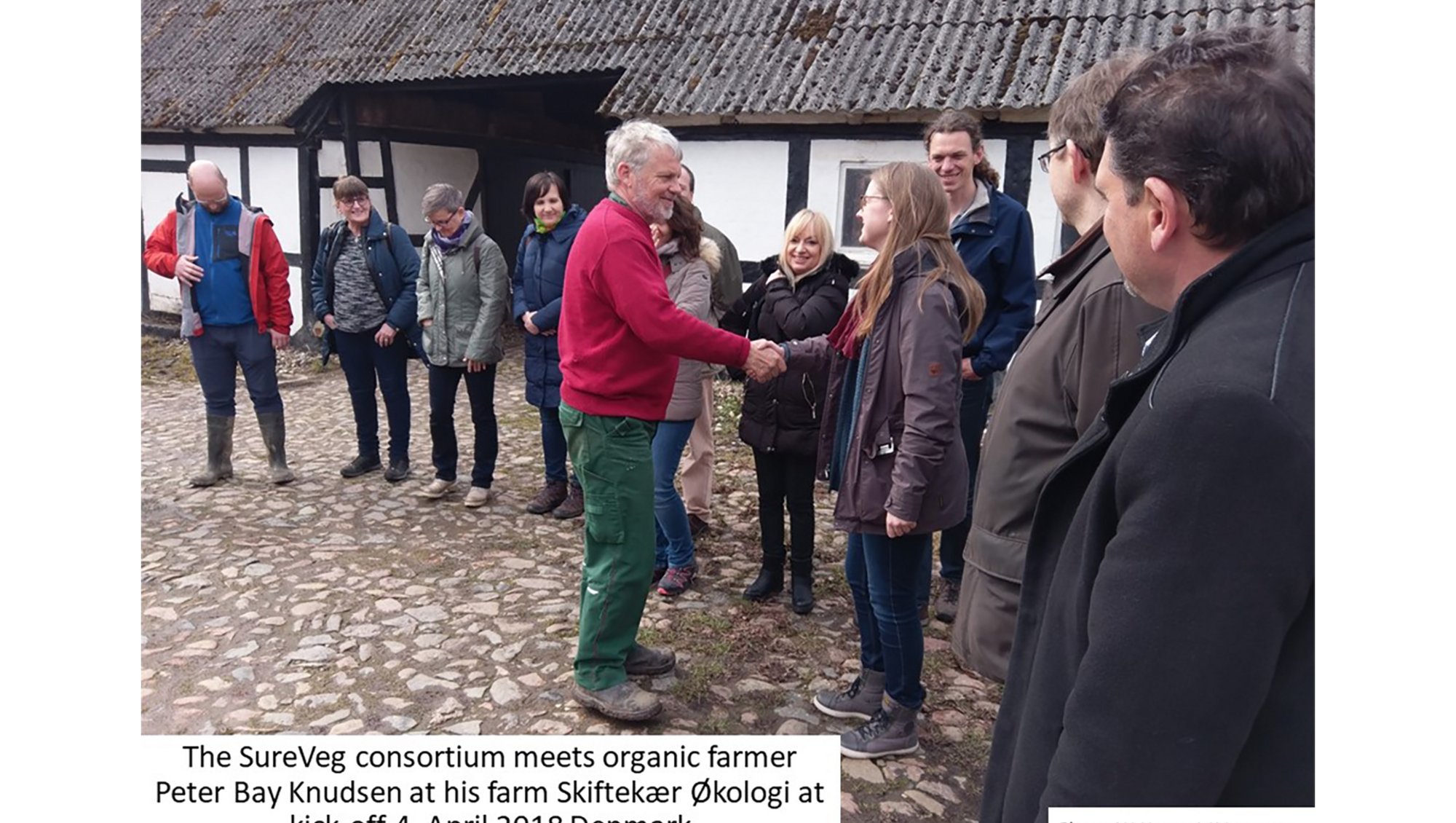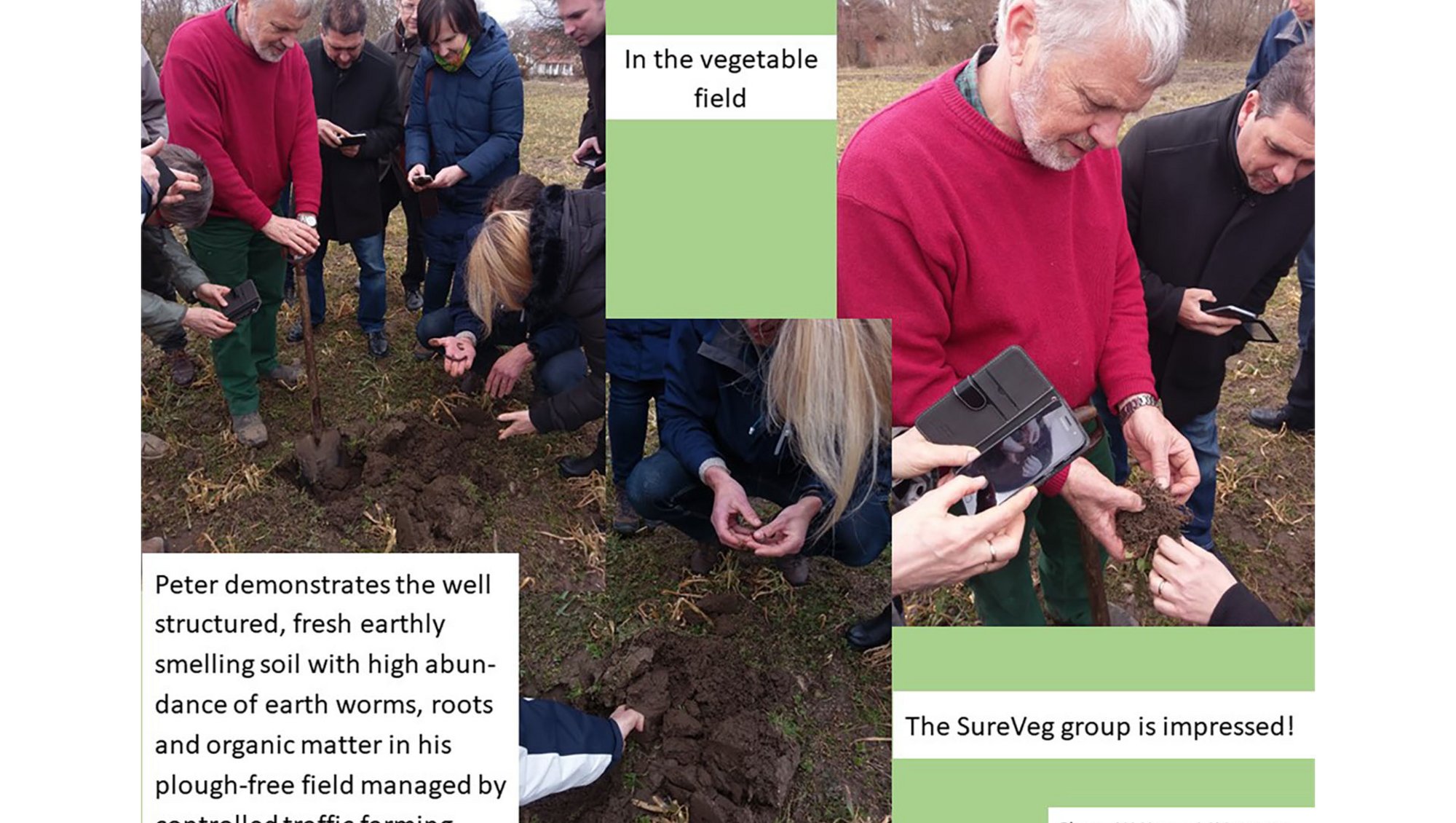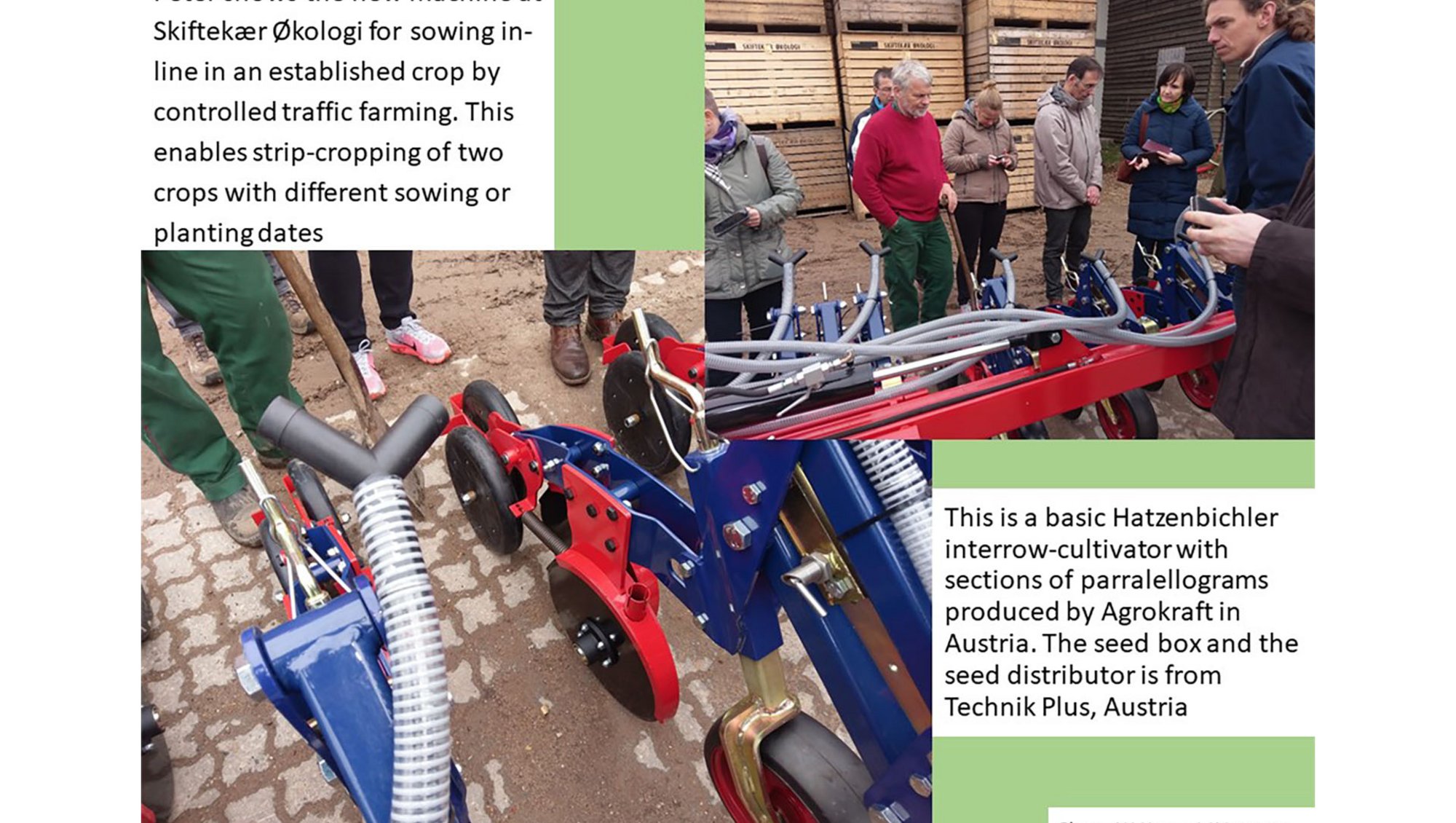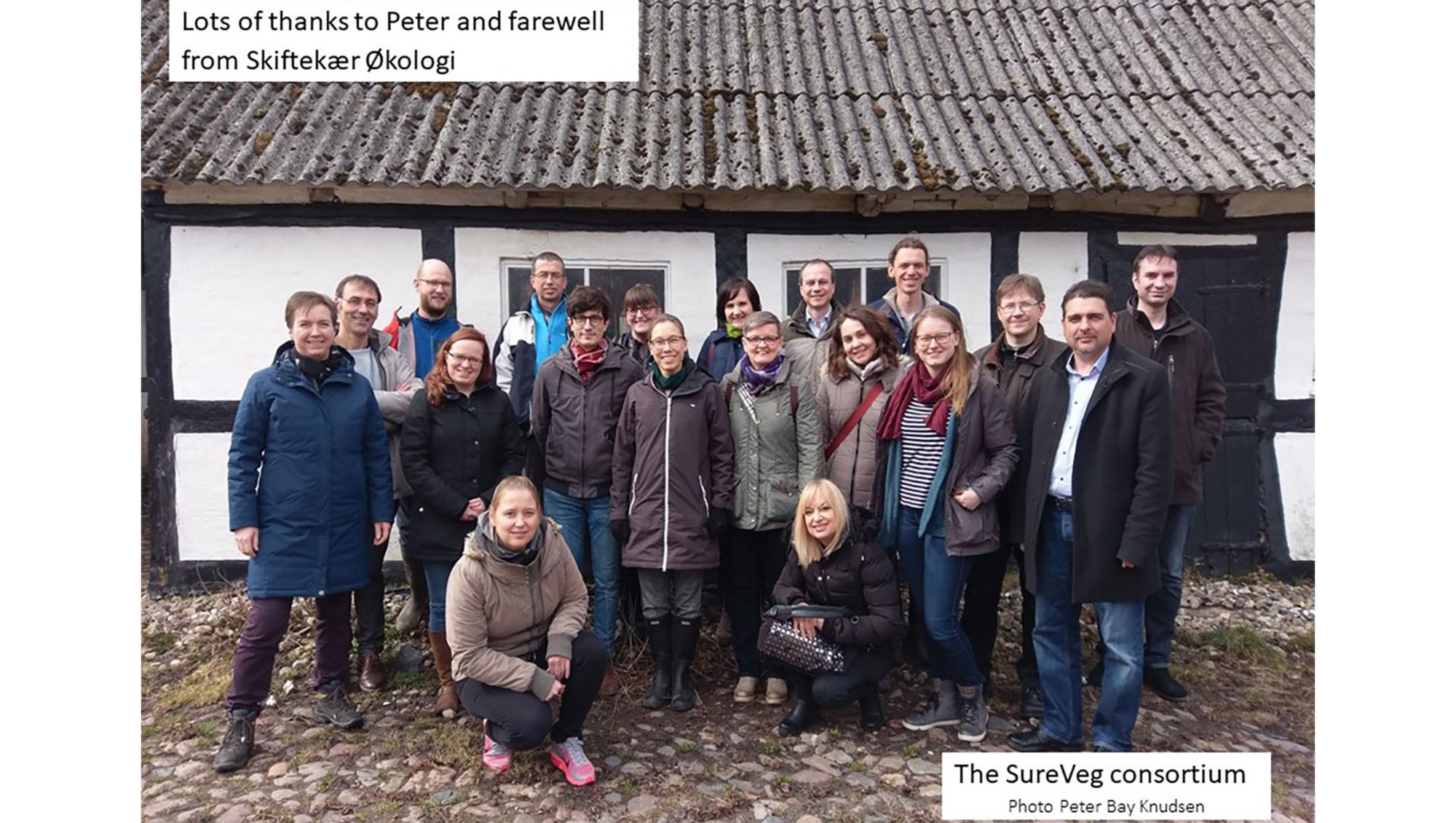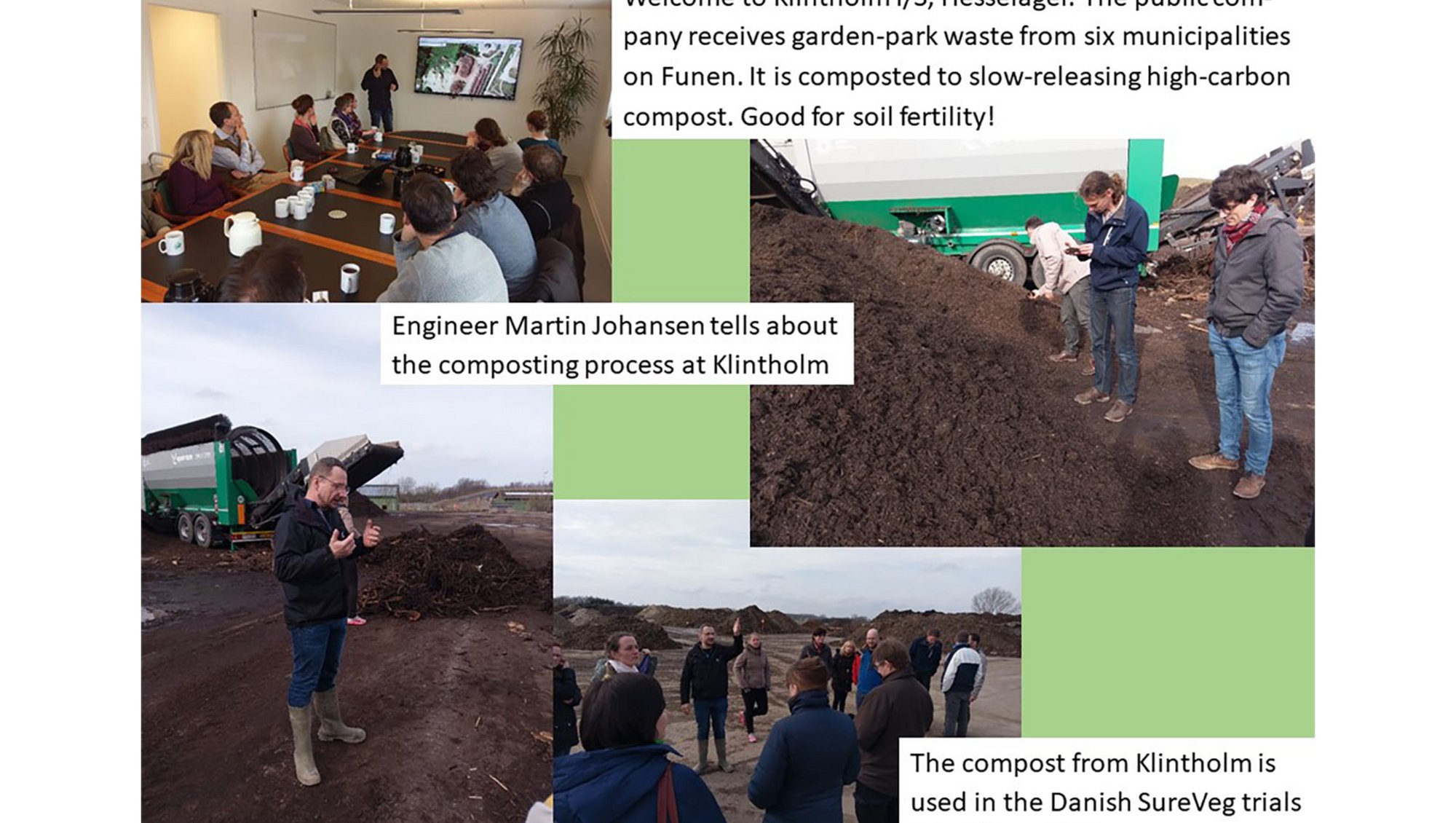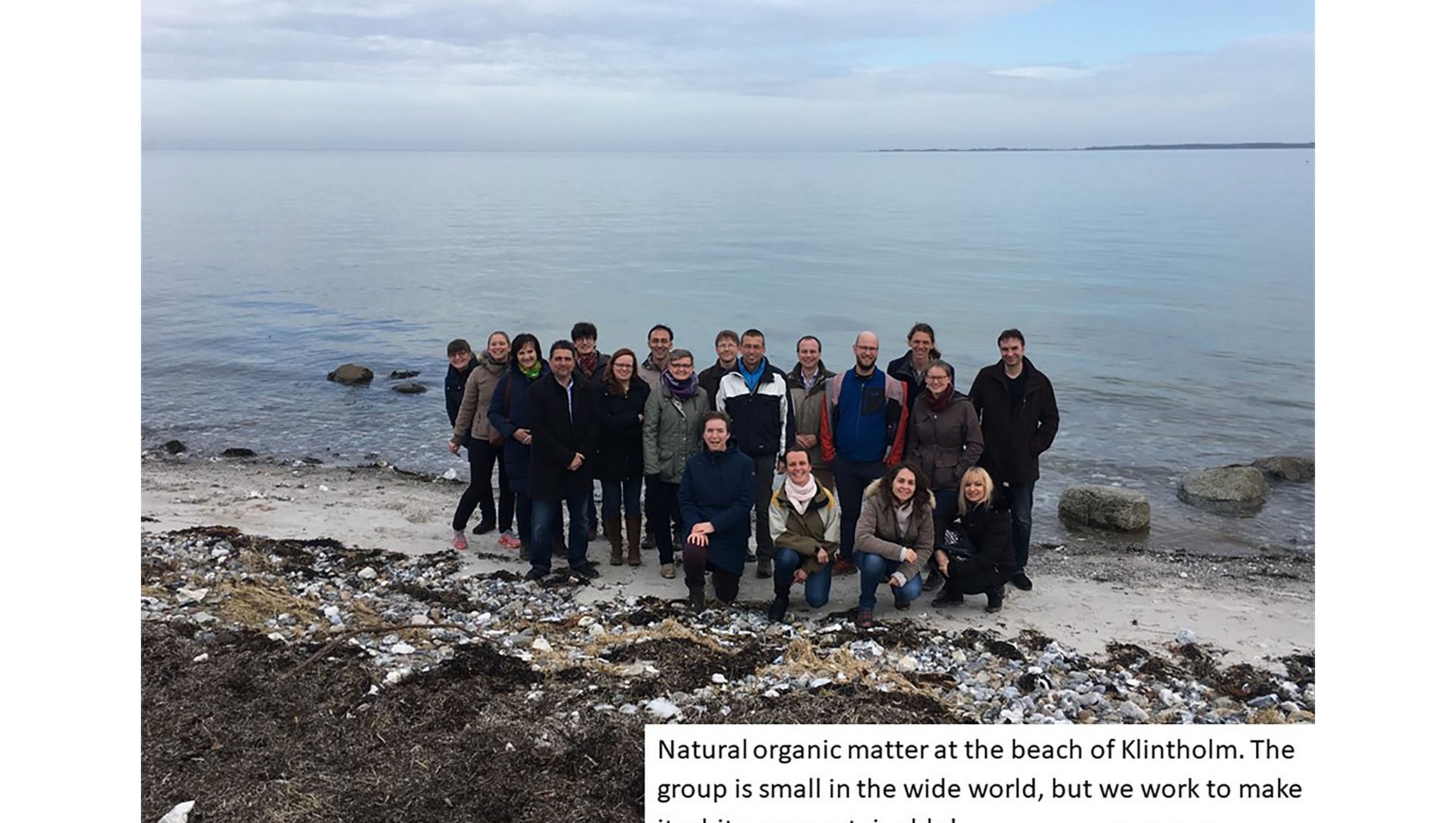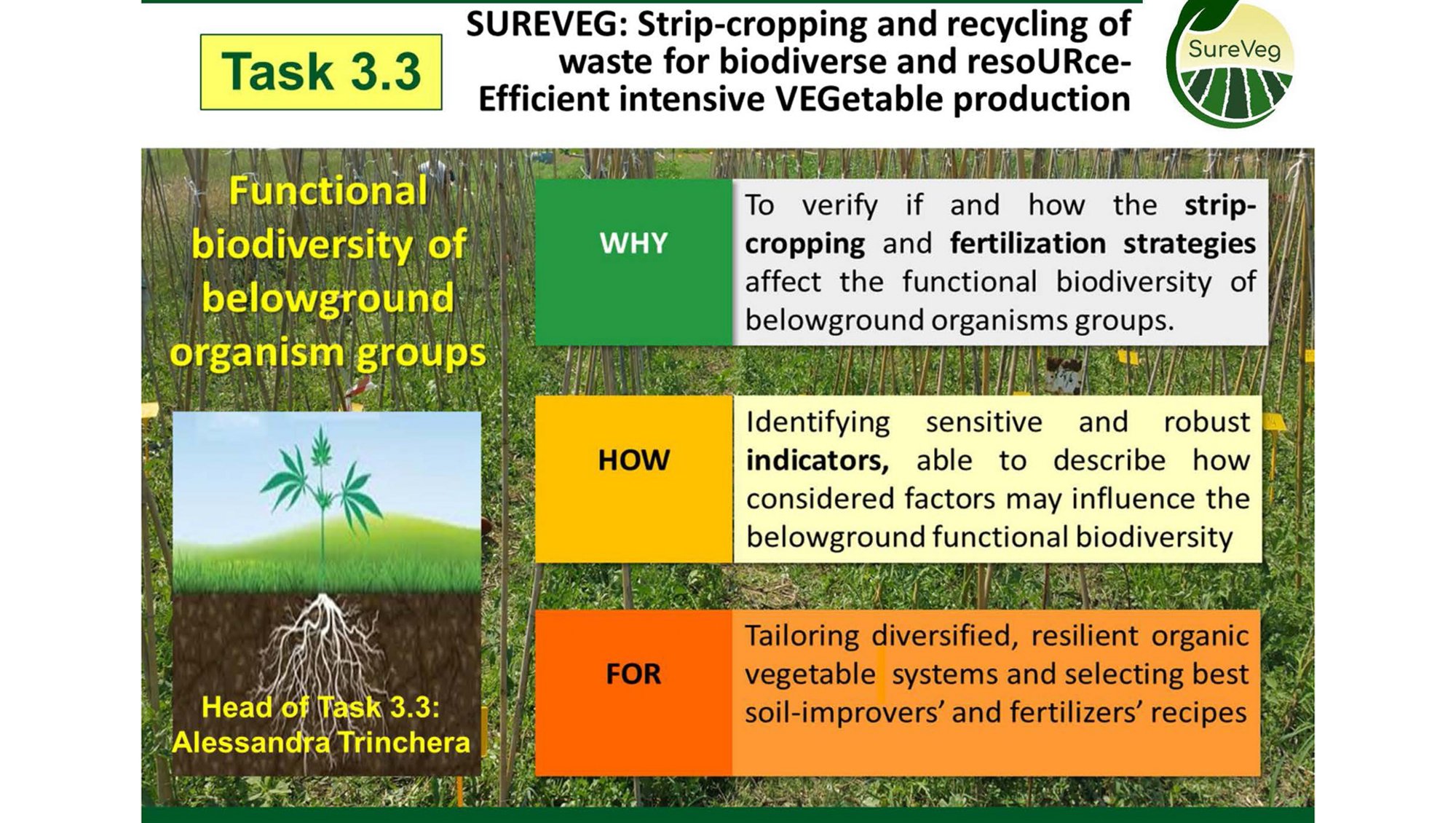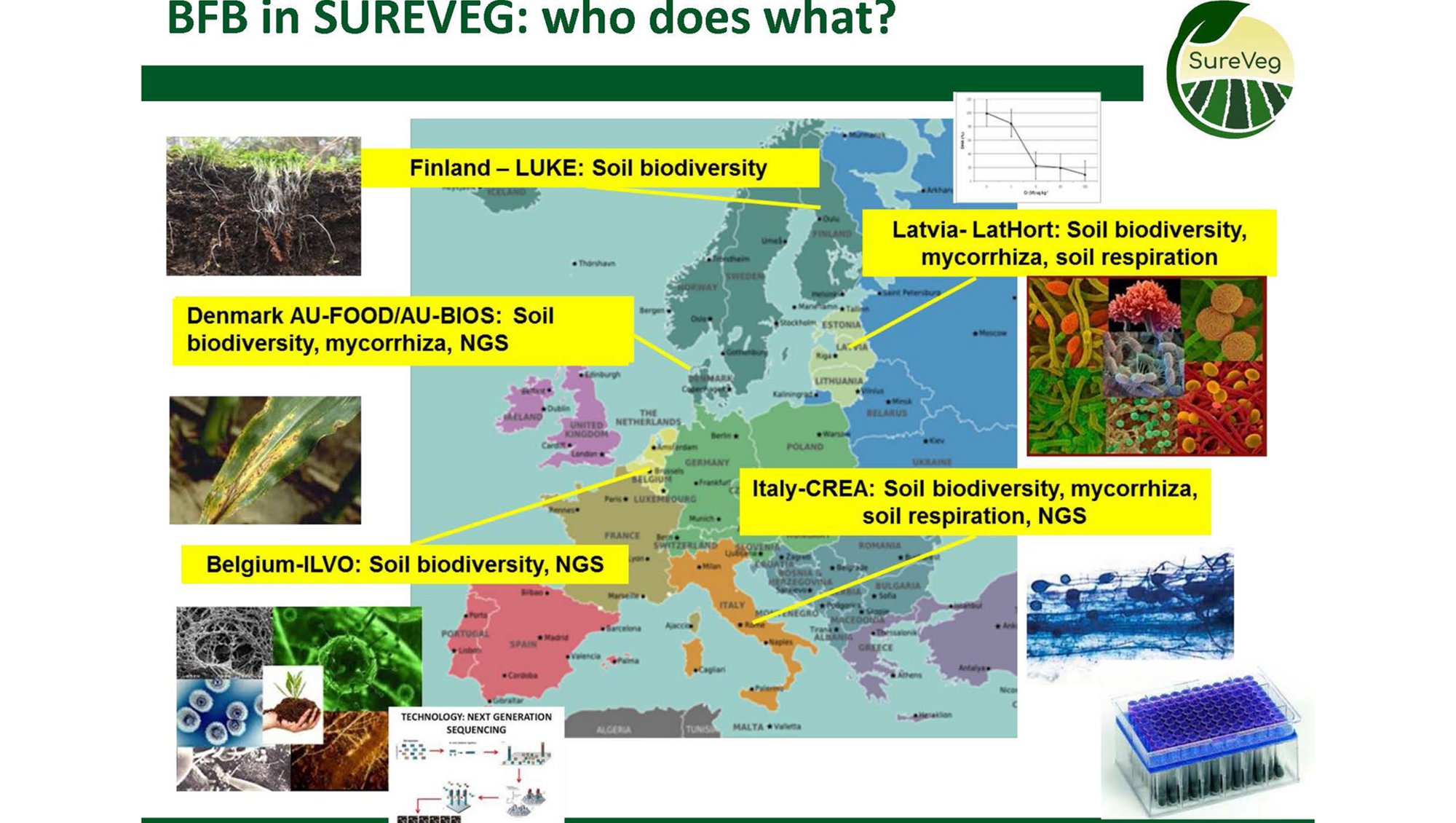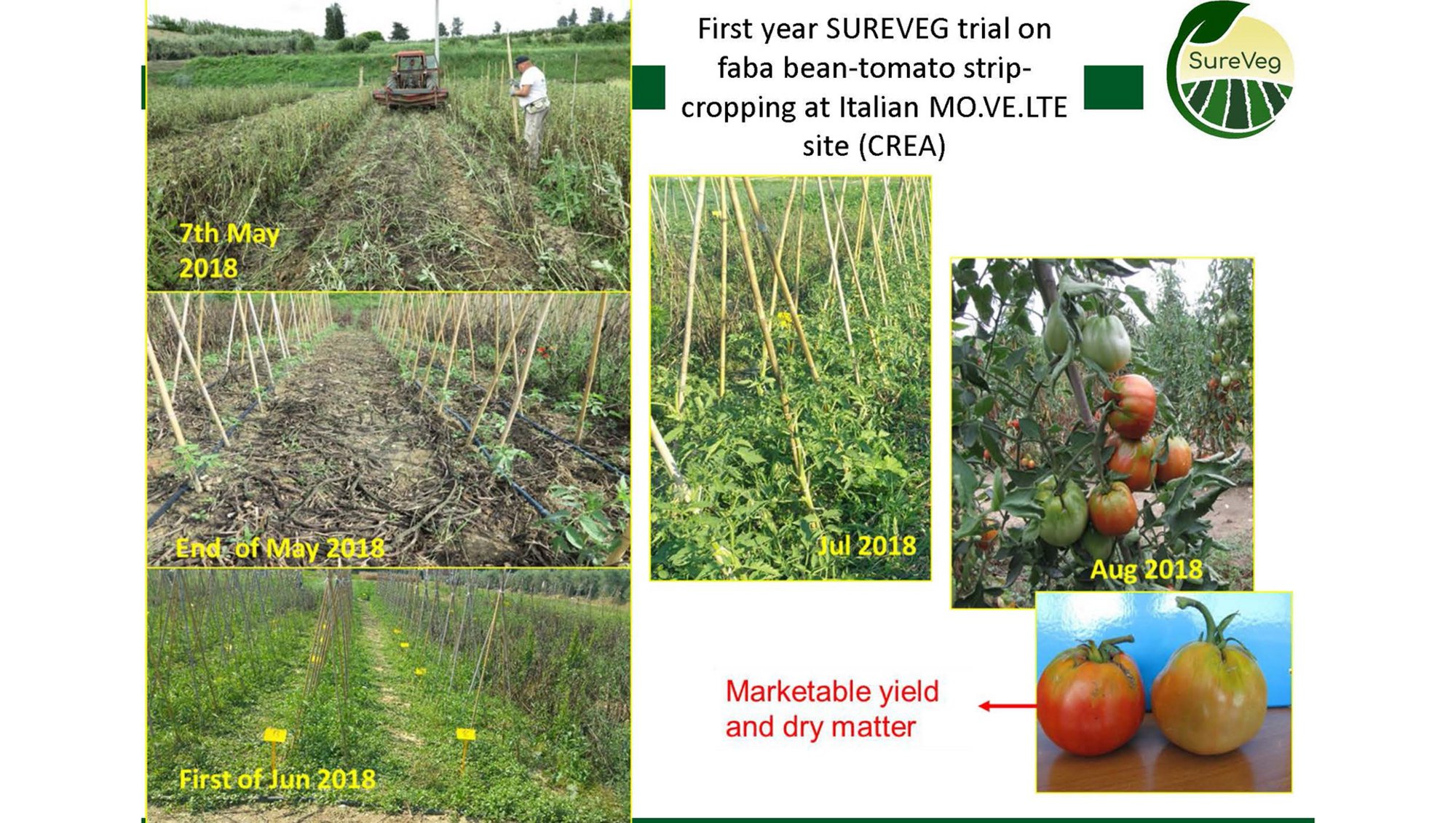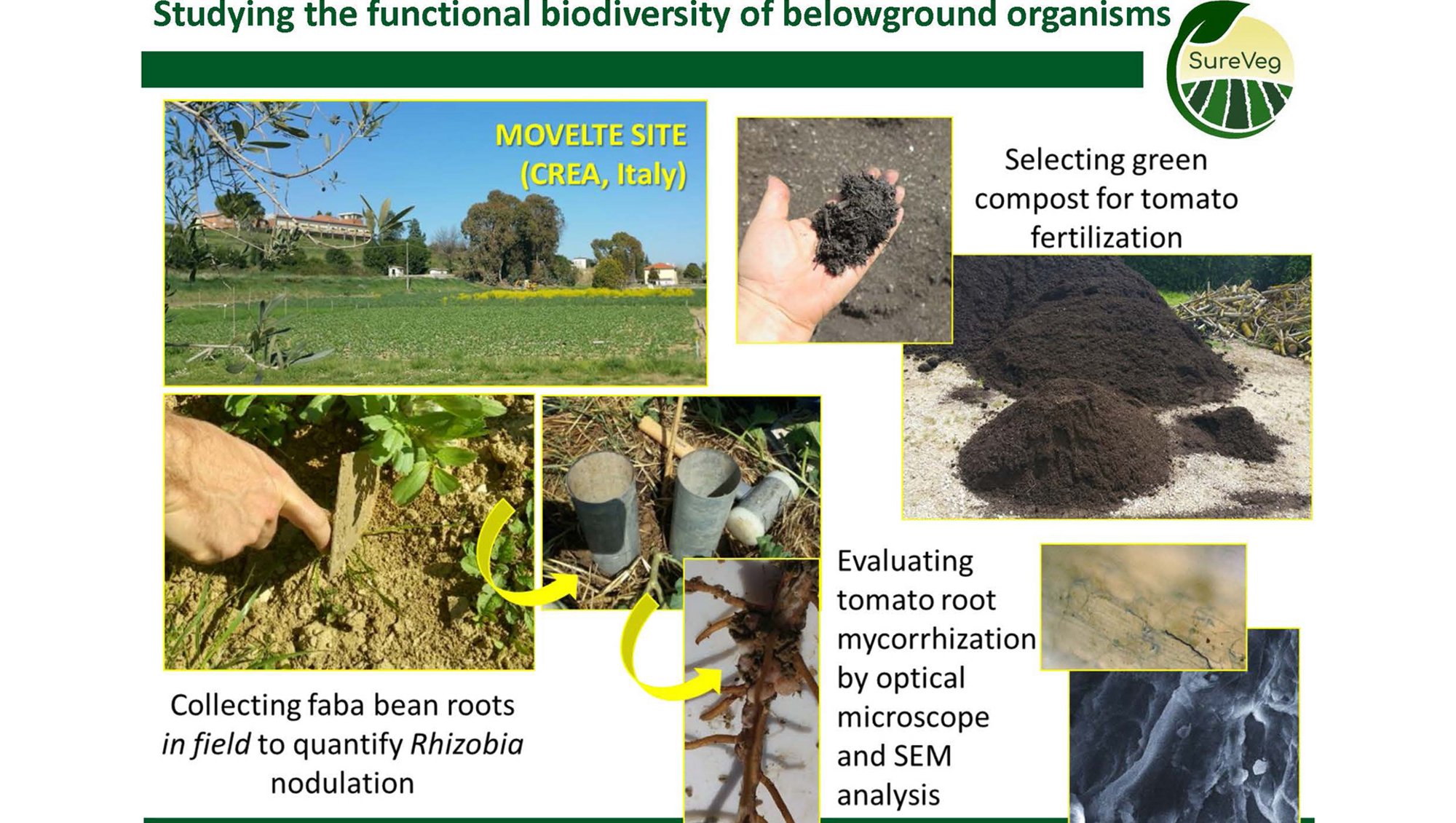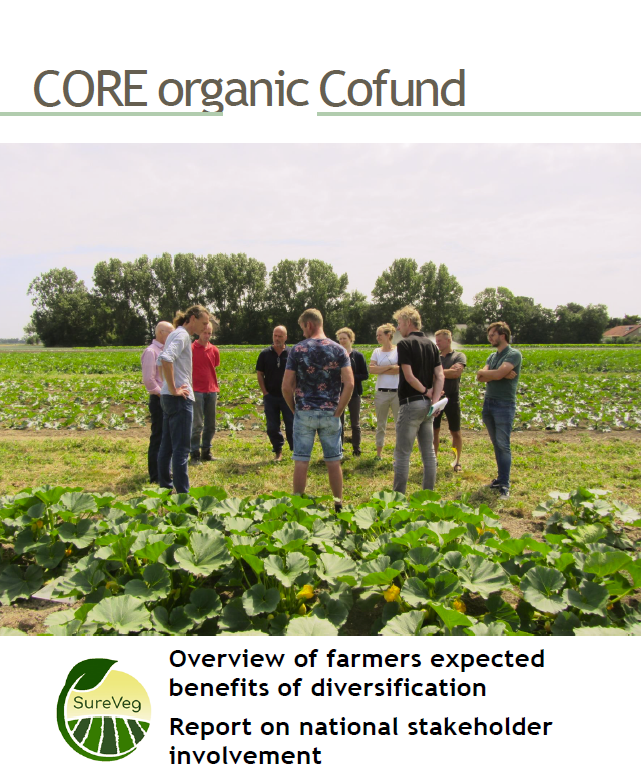SureVeg
- Strip-cropping and recycling of waste and plant biomass for biodiverse and resource-efficient intensive vegetable production
Introduction
SUREVEG will develop and implement new diversified, resource-efficient and intensive vegetable cropping systems.
The systems are based on strip-cropping, and fertility strategies combined from recycling of waste and plant-based soil-improvers and fertilizers.
The purpose is to meet the needs of the organic vegetable sector comprising ecological intensification, resilience, fertilization, resource-efficiency and biodiversity.
Field experiments are conducted in seven countries (NL, B, I, FI, LV, ES, DK). The partners will by a combination of on-station and on-farm trials test the use of strip- cropping and fertility strategies for organic vegetable production.
Main project activities
- Design and test strip-cropping systems in vegetable producing countries in Europe
- Develop and test soil-improvers and fertilizers based on pre-treated organic plant residues
- Document effects on biodiversity and soil fertility
- Develop and test smart technologies for management of strip-cropping systems.
Background
The demand for organic vegetables is rising rapidly but cannot be met by current agronomic methods. The lack of attention for biodiversity and soil fertility of current practices damages the credibility of organic products. Conventional sources of fertilizers need to be replaced by organic sources. Resource-efficiency and biodiversity need to be improved. There is a clear need for new agronomic methods.
News from the project
- Feb. 2021: Article on intercropping of faba beans and pointed cabbage (in Danish) From Organic Denmark
- Practice Abstract: Belowground biodiversity in strip cropping systems:
- Strip cropping - stakeholder involvement 2019
- News from the trial spots and different fertilizer strategies
- Open House in organic vegetable production 27.Aug 2020 (presenting SureVeg research)
- 7 slides on soil fertility, compost and strip-cropping:
Functional biodiversity of belowground organism groups
The SureVeg Robot Concept
Increasing the functional biodiversity of belowground organisms
Benefits and results
Expected long-term societal benefits
The project aims to develop production methods based on sustainable use of soil and landscape resources in order to ensure European citizens with balanced and safe food.
The impact will be to significantly decrease the dependency on biopesticides and non-organic fertilizers, and enhancing the positive environmental impacts on water and soil quality and landscape biodiversity.
This will boost credibility and productivity of organic vegetables.
Expected results
Increase of agro-ecological services':
- Functional biodiversity (above- and belowground) for biocontrol
- Role of vegetable fields for pollination and biodiversity
- Local recycling of organic plant-based nutrients
- Carbon for soil fertility and storage
- Nutrient use efficiency of crops
- Decrease N losses to the environment
- Less dependency of production on external inputs
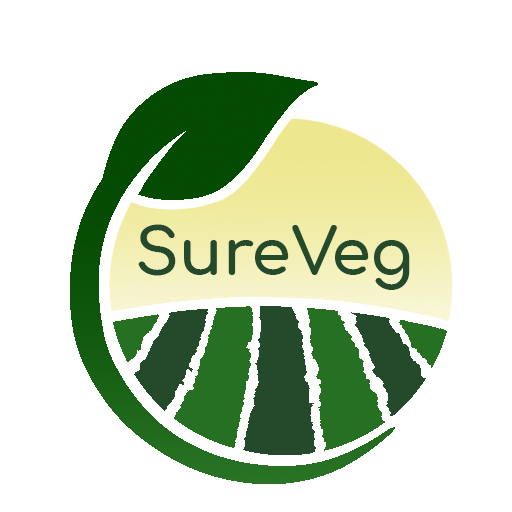
Coordinator of SureVeg
- Hanne Lakkenborg Kristensen
Aarhus University Department of Food Science, AU-FOOD
Kirstinebjergvej 10, 5792 Aarslev, Denmark
hanne.kristensen@food.au.dk
Implementation and plans to reach target groups
The systems will be adjusted to local needs and barriers by early and continuous involvement of stakeholders. The outputs will be a database of crop traits and specific advices for farmers’ and advisors’ implementation of strip-cropping systems and fertility strategies. Other outputs will be field visits, national and transnational meetings, stakeholder-oriented and scientific publications and YouTube videos.
See related projects
